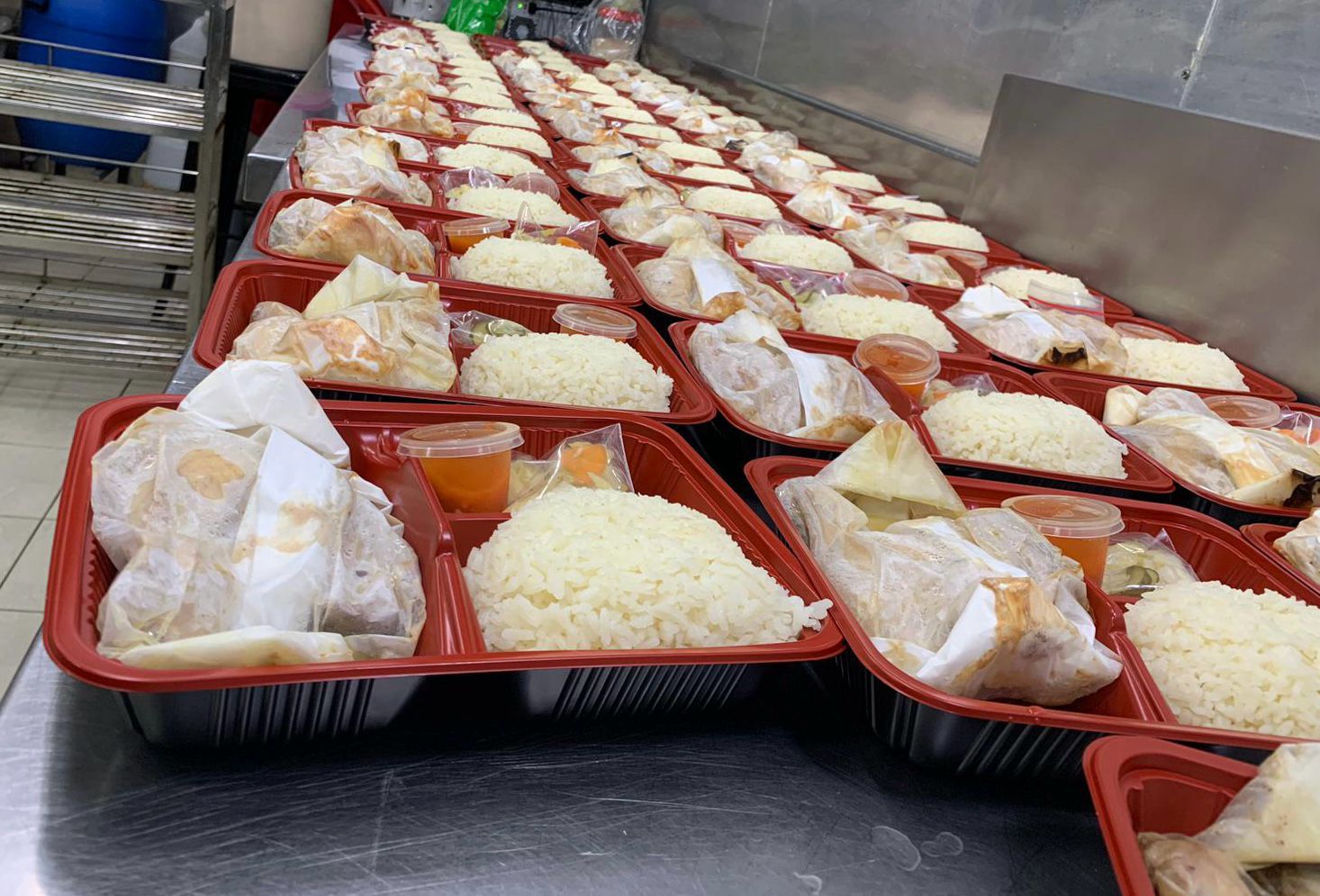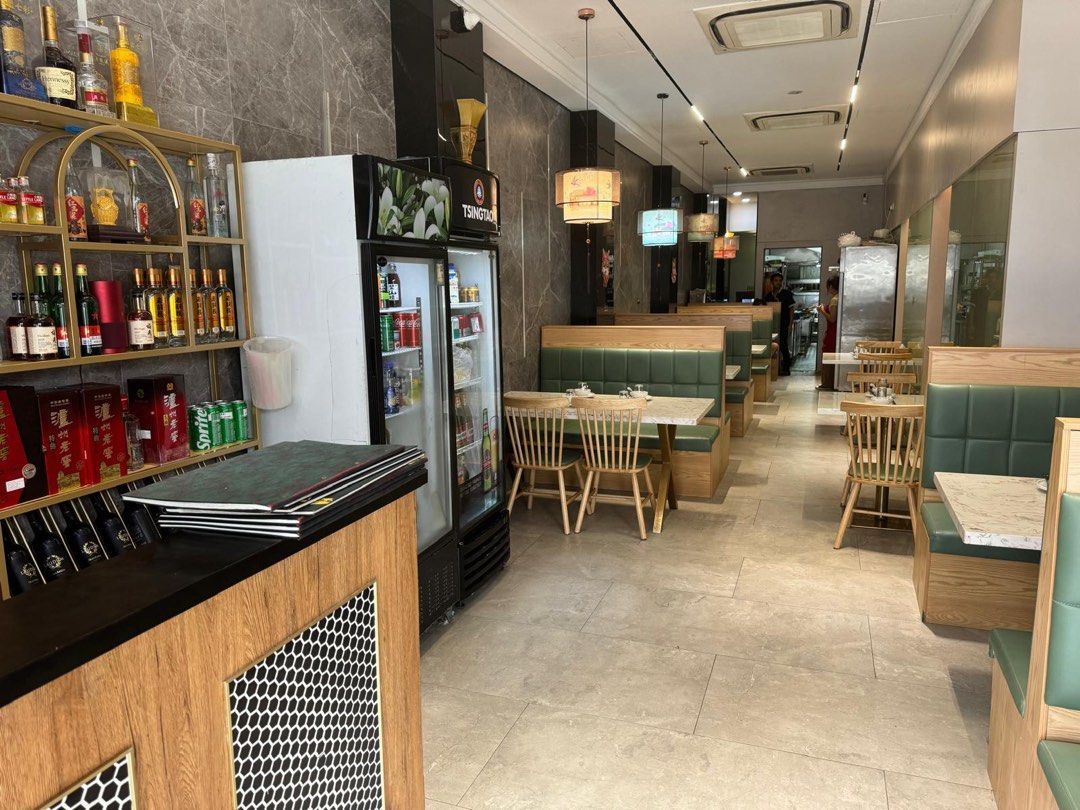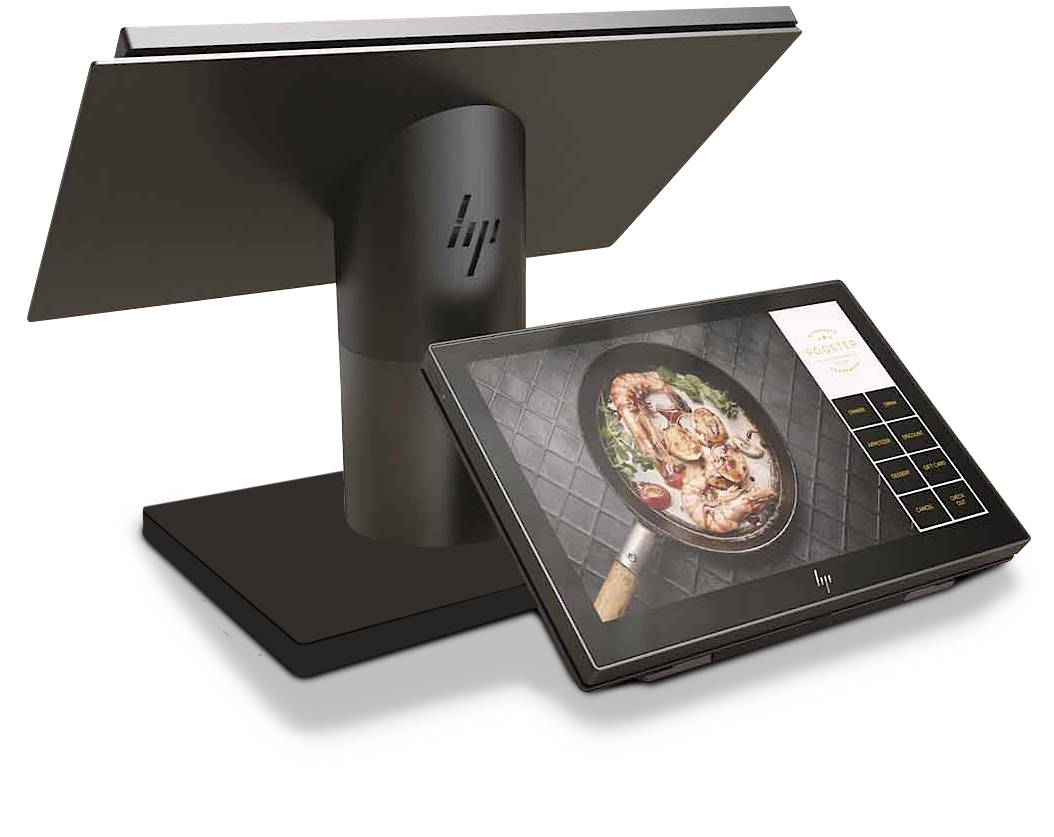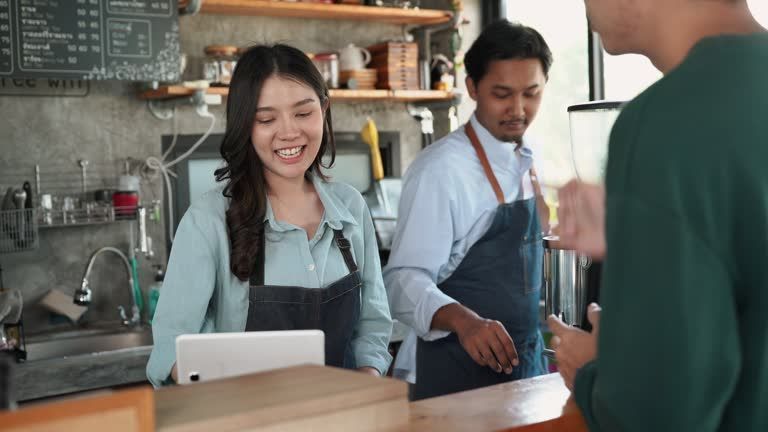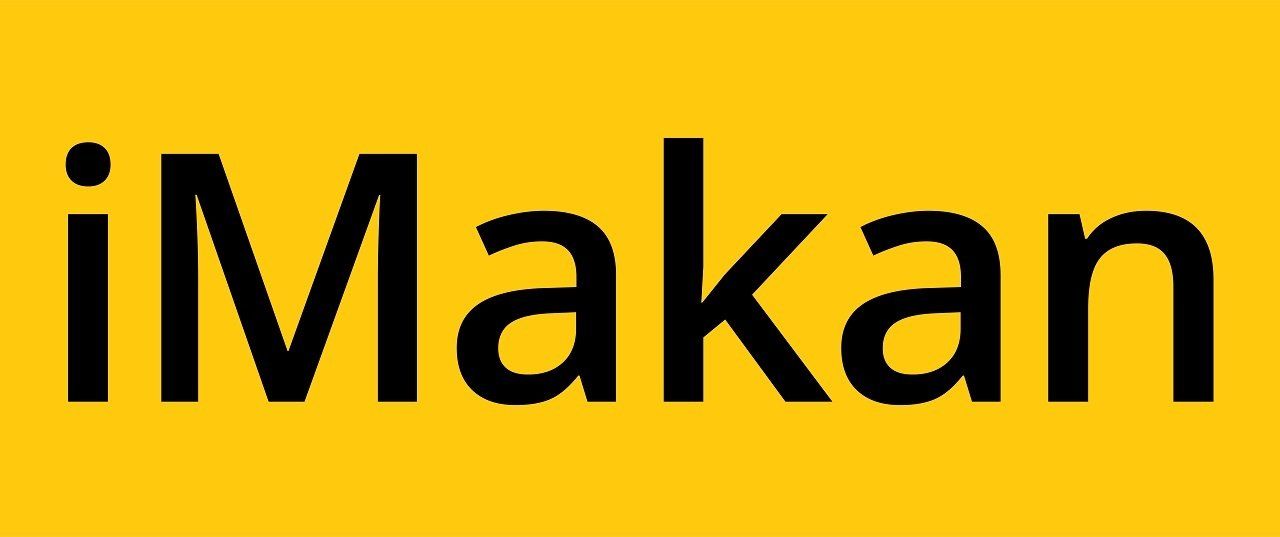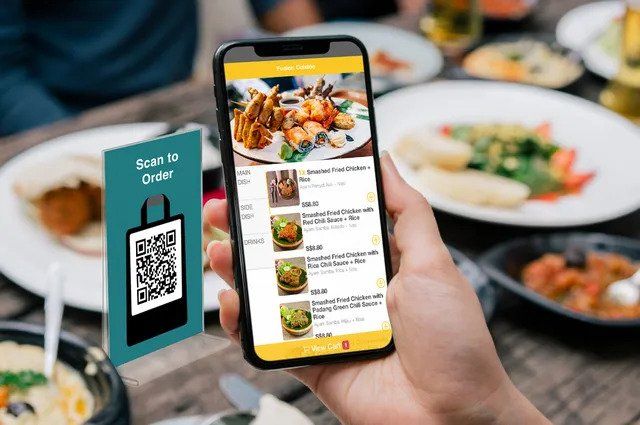How self ordering kiosks benefit F&B businesses
Self-ordering kiosks are a technological revolution in the F&B industry. These standalone devices allow customers to place their orders and make payments without interacting with staff, which means less manpower investment needed by F&B businesses.
Self ordering kiosks not only speeds up the ordering process, reducing wait times and improving customer satisfaction, but it also significantly cuts down on labor costs. By automating the ordering process, businesses can reallocate staff to focus on more value-adding activities, such as enhancing food quality or improving customer service and quickening service speeds. Furthermore, self ordering systems reduce human error in order taking, ensuring accuracy and reducing waste.
Online Ordering: Expanding Market Reach and Streamlining Operations
Online ordering platforms have become a crucial sales channel for F&B businesses, especially in the current digital age where people are spending huge chunks of their time daily online, on their mobile phones. By enabling customers to order food with just a few clicks from their devices, businesses can expand their reach beyond the confines of their physical locations. This not only opens up new revenue streams but also offers convenience to customers, fostering loyalty and repeat business. Additionally, online ordering systems can be integrated with kitchen operations to streamline the preparation process, ensuring that orders are managed efficiently and accurately, thereby improving operational productivity.
QR Ordering: The Bridge Between Traditional and Digital
QR ordering represents a middle ground between traditional table service and full digital ordering. By scanning a QR code placed on tables or menus, customers can access the restaurant's menu, place orders, and make payments using their smartphones. This system combines the convenience of digital ordering with the comfort of dining in, enhancing the customer experience through convenience of placing orders, ordering add ons and making payments at any time without having to wait for a waiter/waitress for assistance.
The Cumulative Impact on Profitability
The integration of self-ordering kiosks, online ordering, and QR code ordering can have a cumulative effect on the profitability of F&B businesses. While on surface it may seem like these solutions are solely focused on saving manpower costs and streamlining operation processes, self ordering solutions also help you increase average bill sizes through displaying your menu items with item images in an organized manner which encourages customers to explore the entire menu. Self ordering solutions also have upselling capabilities that prompt and push customers to order popular add ons "make it a meal" in order to boost bill sizes.
As such, self ordering technologies not only reduce operational costs by optimizing labor and reducing errors but also drive sales by improving customer satisfaction, boosting average bill sizes and expanding market reach.
Conclusion
The adoption of technology in F&B businesses is a move that can lead to significant improvements in profitability. By implementing self-ordering kiosks, online ordering systems, and QR ordering, establishments can streamline operations, enhance the customer experience, and open up new avenues for revenue growth. As the F&B industry continues to evolve, those who leverage technology to adapt to changing consumer preferences and operational challenges will be well-positioned to thrive in the competitive marketplace.
If you are looking for self ordering solutions, WhatsApp us or send us an enquiry to find out more!

